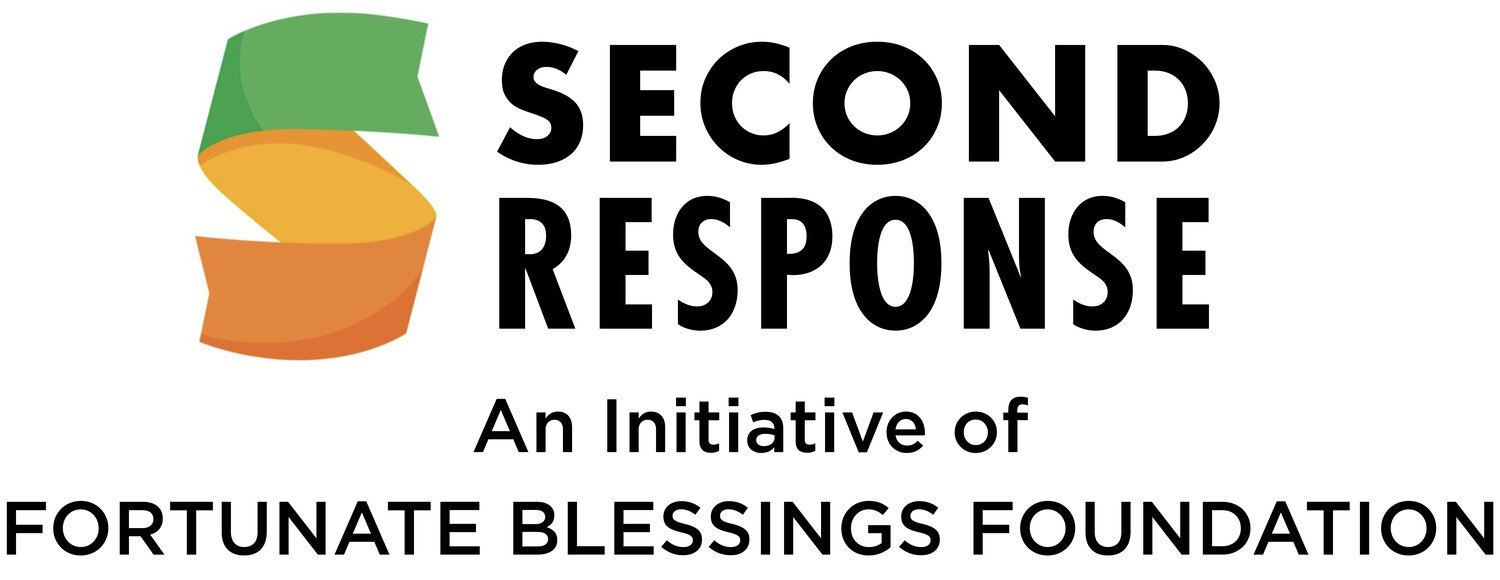I first came to Croatia as a speaker at a large macrobiotic conference organized in Kumrovec, 200 miles to the East. It was the birthplace of Joseph Broz Tito, the president of Yugoslavia. I recall being immediately taken by the beauty of that small village even though our host, Zlatko Pejić, was already warning that the ethnic tensions between Croats and Serbs could result in a brutal war. Over the next five years, I’d return to Croatia six times visiting many different areas throughout the region while bombs could be heard exploding nearby. By the end of the conflict, Yugoslavia ceased to exist, replaced by a scattering of independent republics.
Now, driving through Vukovar twenty-five years later, we are reminded of the 3,000-4,000 prisoners who had been held in Ovčara, turning a country farm into a prison camp. Land mines still can be found through these fields as everyone in this small village still recalls those dark days. The Vukovar massacre that occurred here when Croatian prisoners of war and civilians were murdered remains one of the worst war crimes in Europe’s history since World War II. Those atrocities weigh heavily on my mind through the constant mist hanging over these fields today.
We pull into the driveway of the local Red Cross and immediately see 20-25 staff members and volunteers huddled in a car port. They are awaiting our arrival. We’d agreed to conduct 30 minute “self-care” interactions in the small conference room normally used for donating blood. Those attending who staffed the camps in 8 hour shifts were invited and would join in out of their individual interests. After brief introductions, we launched into the first of three PLAYshop trainings we’d conduct over the next 2 hours. The first group would travel to the refugee camp in Opakovač right after our work together; the second, smaller group of about 8 residents of nearby Osijek would be a mix of administrative and logistical staff members and supporters while the third group was comprised of volunteers who had just completed their work amidst the heavy rain and mud we’d soon be witnessing ourselves. These big-hearted workers distributed food, blankets and basic supplies to the 7,000 migrants who’d arrived the night before -- a seemingly endless repetition of providing the most basic needs to the 120,000 people who had already passed through Croatia since the UNHCR established the camp just a few miles from the border.
While each group’s members differed related directly to their own level of exhaustion, we felt that everyone could benefit in some small way to both the movements and externalizations as well as the strategies for self-care we’d teach. Some participants laughed uncontrollably throughout the games (a good sign) while a few others remained stoic and withdrawn – also a totally acceptable result. The majority of volunteers joined in the full round of exercises, their bodies softening as more opportunities were presented to help release stagnation and “wiggle” a bit out of their “discomfort” zones. Suspicion turned quickly to silliness, the call and response of the PLAyshop providing a few moments of respite from the demands of the work.
By the time we left Vukovar, many were eager to pose for pictures with these two strange men, one the father and one the son, who’d dared to nudge their way into the midst of this humanitarian crisis 4,500 miles away. Expressions of genuine gratitude including a few warm embraces ended our brief stopover as we made our way to the camp to witness for ourselves what we’d only heard about second hand.


